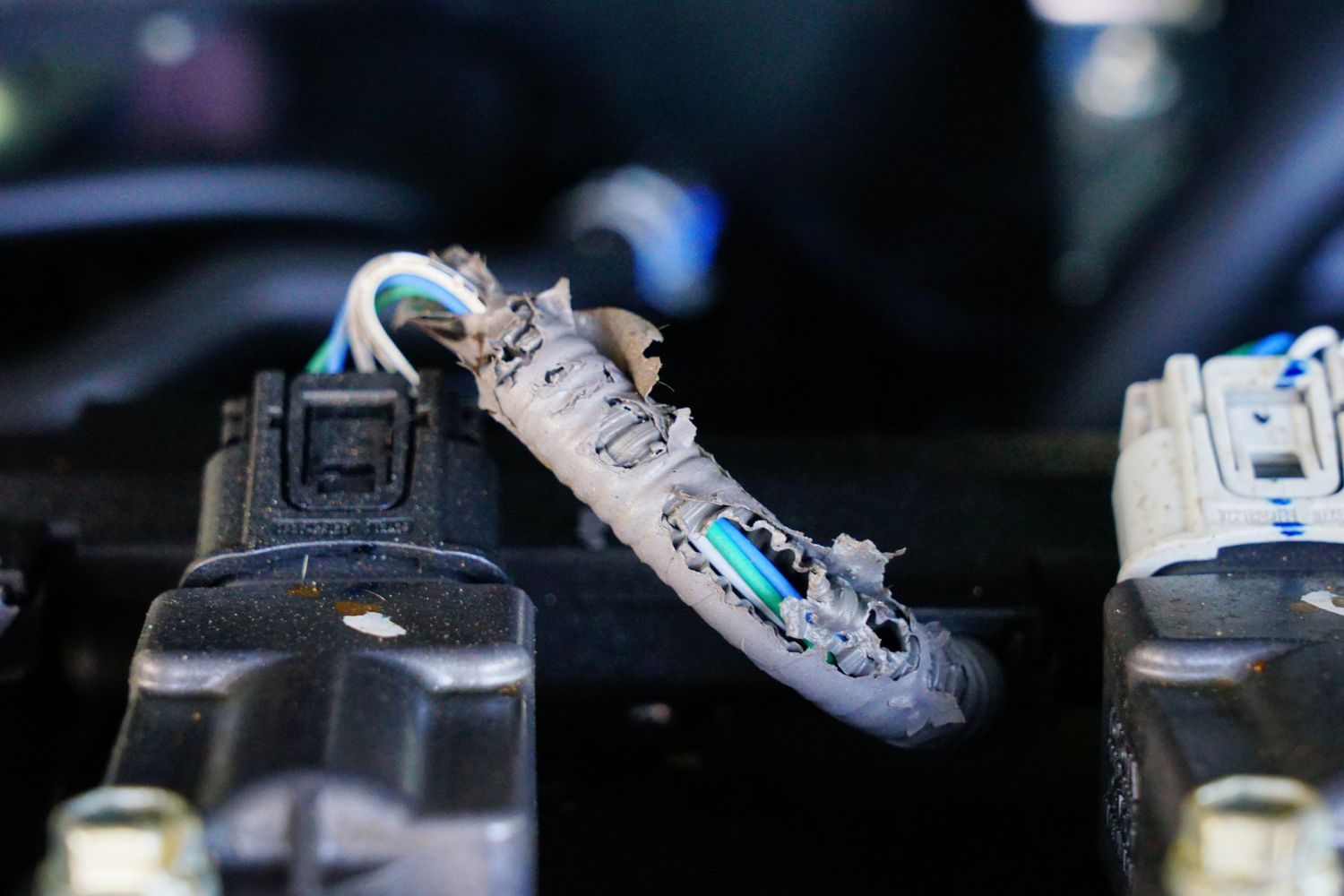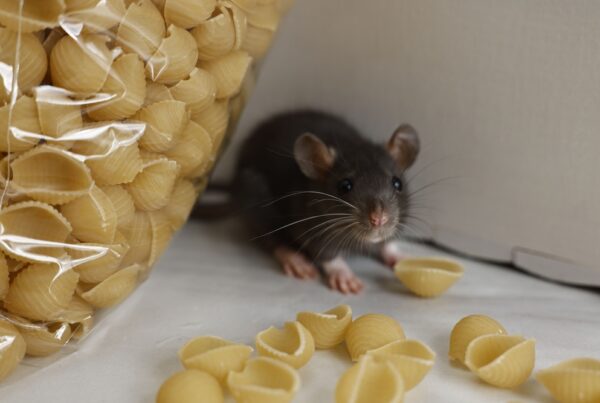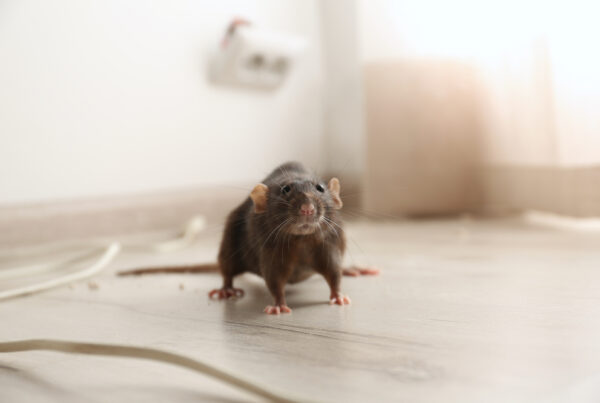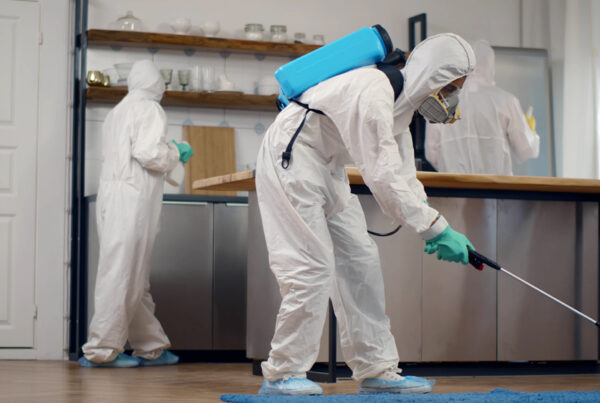Mice aren’t just a problem in homes—they can cause major damage inside cars as well. The most expensive damage occurs when mice chew on the wires in a vehicle’s electrical system. But what exactly attracts mice “under the hood,” and what causes them to wreak so much havoc on wires and cables in particular?
Here’s what every driver needs to know.
WHY MICE CHEW CAR WIRES
There are multiple reasons why rodents like mice and rats are commonly found inside cars and other vehicles.
- A warm, secluded shelter. Rodents know instinctually that they must find a warm, dark place to hide, nest, and stock up on food. Your car’s engine bay may provide what a mouse sees as the ideal environment for setting up a hidden home.
- Appetizing smells and materials. In many cars, the insulation protecting the wires is made with plant-based materials, such as rice husks, soy, or peanut oil. Mice can be particularly drawn to these smells and chew up wire insulation when other food sources are scarce.
- Something to gnaw on. Mice have incisors that never stop growing, and they must constantly gnaw on hard or tough materials to keep their incisors filed down. Even if a car’s wires and other small parts don’t taste delicious, they’re easy for a tiny mouse to chew on.
TIPS FOR PROTECTING YOUR CAR FROM MICE AND OTHER RODENTS
To avoid costly damage to your vehicle, you can take these preventive measures to keep mice away from your car and your property.
1. Avoid leaving food and food packaging in your car.
The scent of crumbs, fast food bags, and sticky beverage cups can make your car more attractive to rodent invaders. Try to avoid leaving any food (or the packaging) in your car, especially once you’ve parked and left it. We also recommend vacuuming your car’s interior regularly.
2. Use deterrents with peppermint oil.
Mice don’t like the strong smell of peppermint oil, so using a deterrent spray can help keep mice from entering your car. Spritz it on the wires and around entry points into the engine bay.
3. Make sure your garage has been “rodent-proofed.”
Parking your car in a sealed garage is a smart layer of protection against mice getting under the hood. You may want to consult a pest control expert to get professional exclusion work done to make sure you haven’t missed any potential rodent entry points.
4. Start your car regularly.
It’s a good idea to start your car up and take it for a short drive to scare away any mice who might intend to nest inside of it. Plus, weekly drives can also help prevent your car battery from dying if you don’t drive often.
5. Control mice infestations on your property.
If you see mice scurrying around your home’s exterior, there’s a chance that they may seek shelter and food inside your car. Contact a rodent exterminator to control the infestation before it spreads indoors.
At Pestex Inc, we take pride in providing top-quality mice control services throughout Boston. Contact us online or call us at (617) 332-3344.






